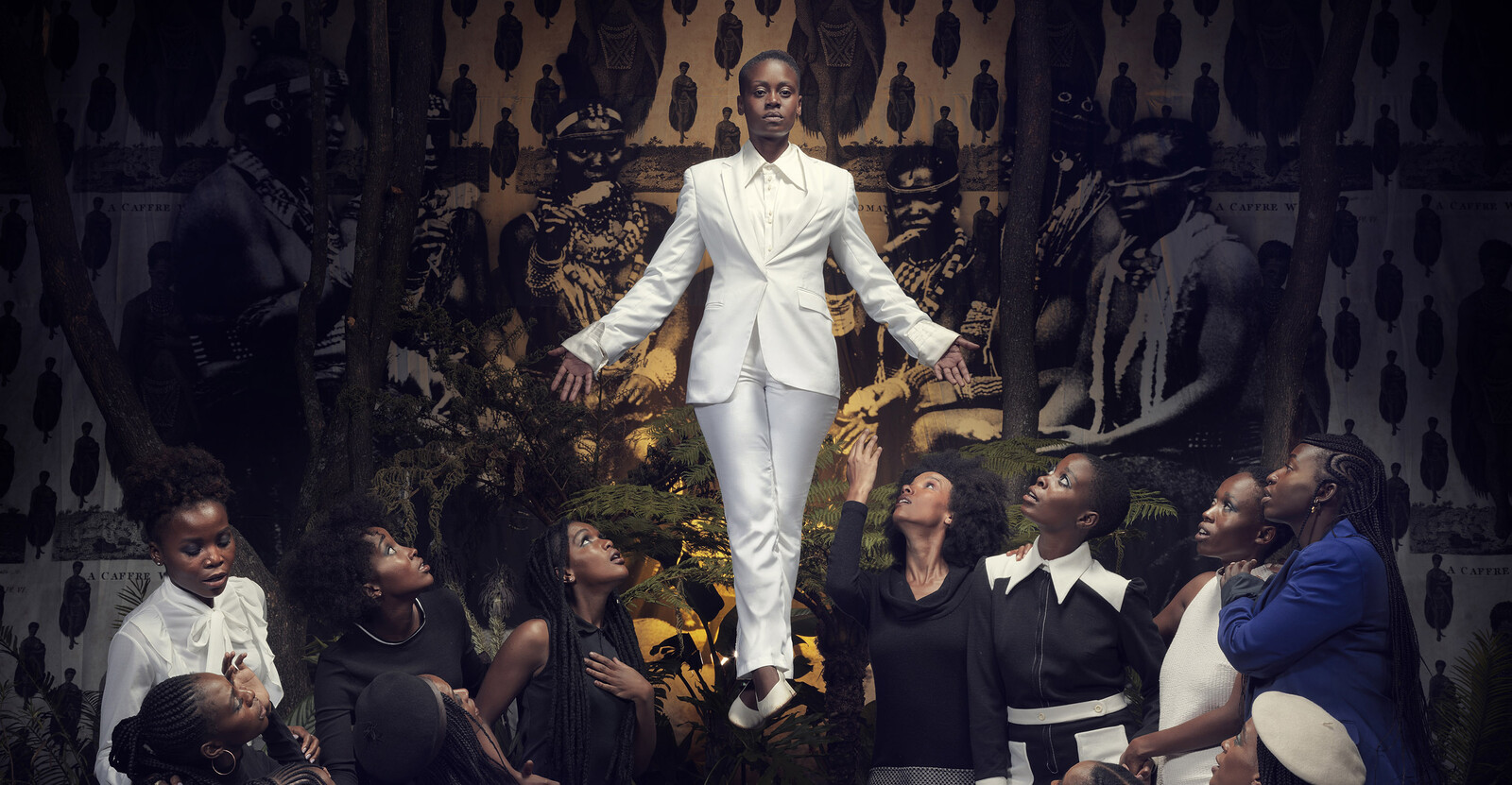October 26, 2018–February 3, 2019
Marszalkowska 103
00–110 Warsaw
Poland
Hours: Tuesday–Sunday 12–8pm
info@artmuseum.pl
The exhibition Niepodległe: Women, Independence and National Discourse examines the role played by women in 20th-century narratives of national liberation. Taking the centenary of the revival of Polish independence as its starting point, the exhibition looks at pivotal moments in history and at various liberation movements: beginning with the year 1918, through 1945—when the political discourse of independence expanded to include the decolonization of the global South—all the way up to 1989, when the fall of Communism ushered in a new era of globalization. The show reveals the gendered character of historical narratives by showing how women have been overlooked in the national narratives in various times and places.
The title of the exhibition postulates an urgent shift away from the considerations of symbolic womanhood manifested in allegorical representations of a nation, as in the metonymic expression niepodległa (“independence itself,” referring both to the country, which is a feminine noun in Polish, and a woman who is independent), looking instead at actual women who played parts in liberation movements, along with what women’s presence—or, too often, their absence—may say about the condition of a country, a nation or, more broadly, contemporary culture in general. Hence the niepodległe (the plural form designating women of independence) of the title, referring at once to a collective that has been ignored in the telling of history while underlining the political agency of women independent from confines set by the dominant culture. The works of the twenty-nine artists in the exhibition undermine the patriarchal order of the historical narratives, striving to shape a more diverse image of women and the way they are depicted in history.
The selective nature of historical narratives is an aspect underlined by the exhibition’s architecture, conceived by the Berlin-based architect Johanna Meyer-Grohbrügge. It was inspired by the book Tree of Codes (2010) by Jonathan Safran Foer, which attempts a new reading of Bruno Schulz’s classic The Street of Crocodiles. By cutting and erasing entire phrases and sentences from Schulz’s book, Safran Foer transforms the novel into a spatial collage, while the text takes on an entirely different narrative. The narrative thread holding Niepodległe: Women, Independence and National Discourse together works in a similar way, with the exhibited works coming together as a palimpsest, formed by diverse images and stories. Considered from this perspective, the exhibition’s architecture turns the works on display into a text of sorts, indicating missing links and blanks scattered throughout women’s history, as it waits for those gaps to be filled in at last.
Artists: Anna Baumgart, Bownik, Gloria Camiruaga, Filipa César, Kudzanai Chiurai, Ewa Ciepielewska, Tony Cokes, Katarzyna Górna, Marlene Dumas, Eulàlia Grau, Zuzanna Hertzberg, Lubaina Himid, Sanja Iveković, Zuzanna Janin, Mathieu Klebeye Abonnenc, Zbigniew Libera, Goshka Macuga, Anna Niesterowicz, Thenjiwe Niki Nkosi, Colette Omogbai, Witek Orski, Frida Orupabo, Aleksandra Polisiewicz, Jadwiga Sawicka, Catarina Simão, Trinh T. Minh-ha, Adejoke Tugbiyele, Kemang Wa Lehulere, Emma Wolukau-Wanambwa
Curator: Magda Lipska
Collaboration: Annett Busch, Marie-Hélène Gutberlet
The exhibition is part of the multi-local research project Women on Aeroplanes curated by Annett Busch, Marie-Hélène Gutberlet and Magda Lipska, coproduced by Iwalewahaus, University of Bayreuth and funded by the TURN Fund of the German Federal Cultural Foundation (Kulturstiftung des Bundes). In collaboration with the Centre for Contemporary Art, Lagos (CCA, Lagos), ifa Gallery Berlin, The Showroom and the Otolith Collective, London, and the Museum of Modern Art in Warsaw.

